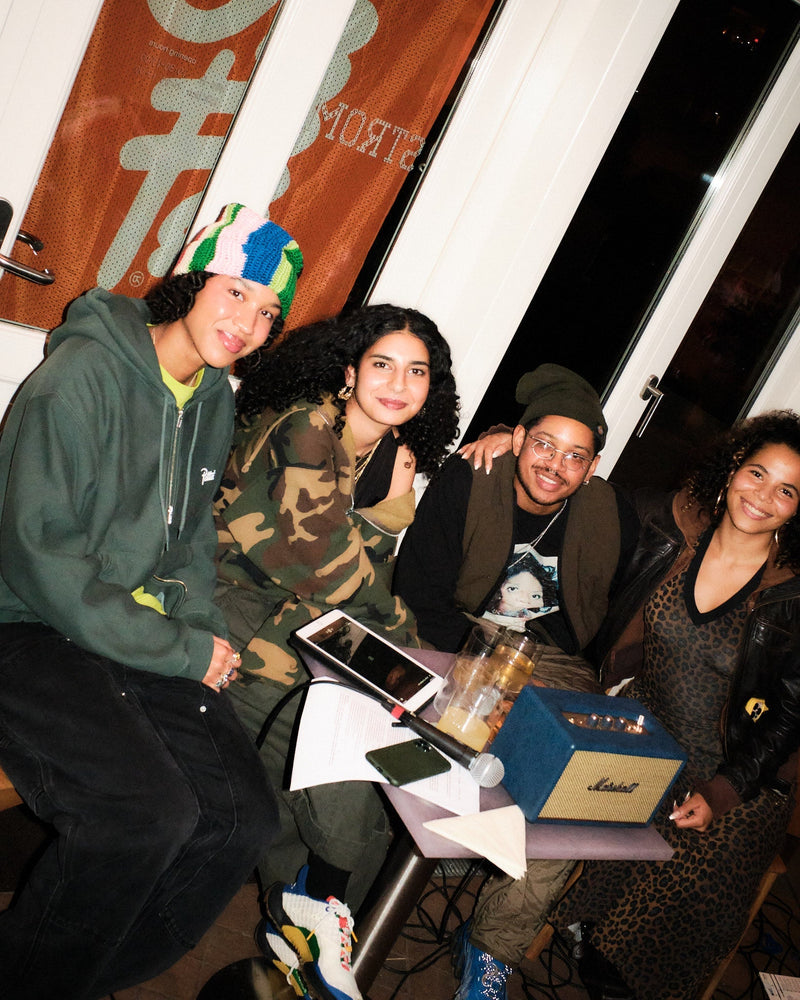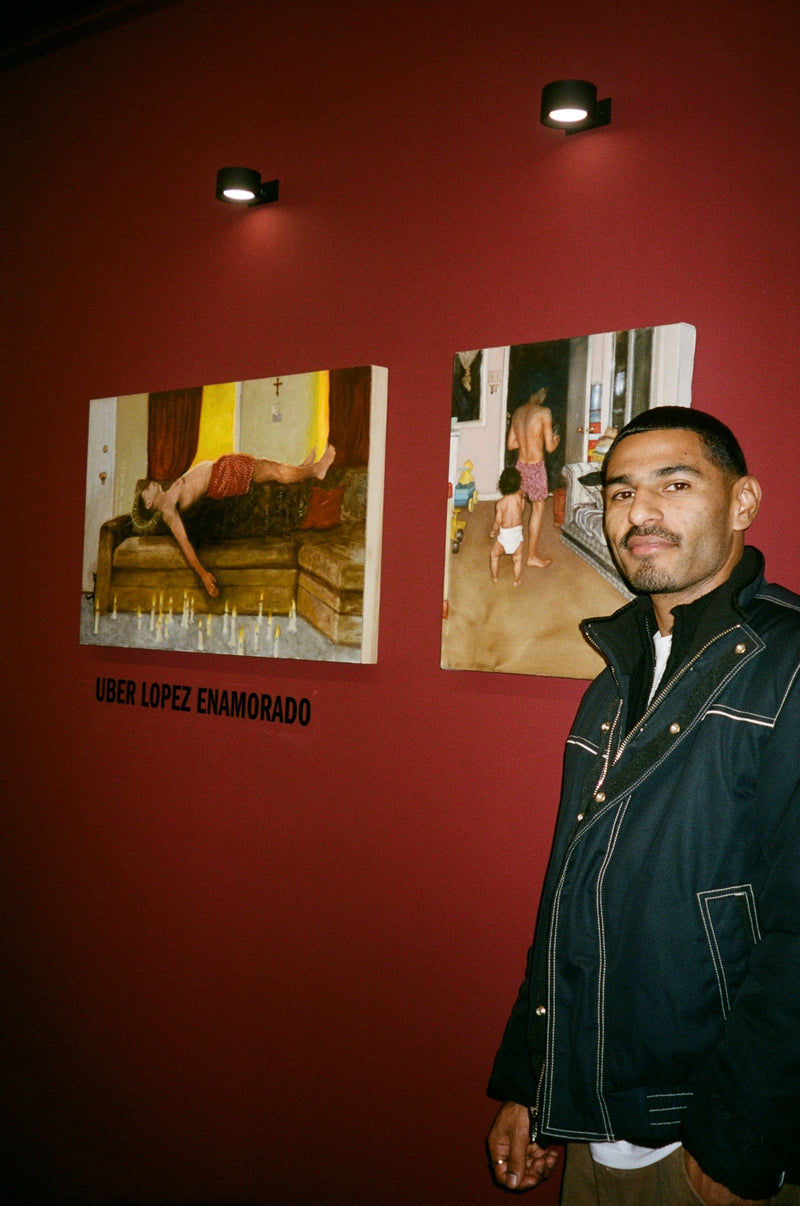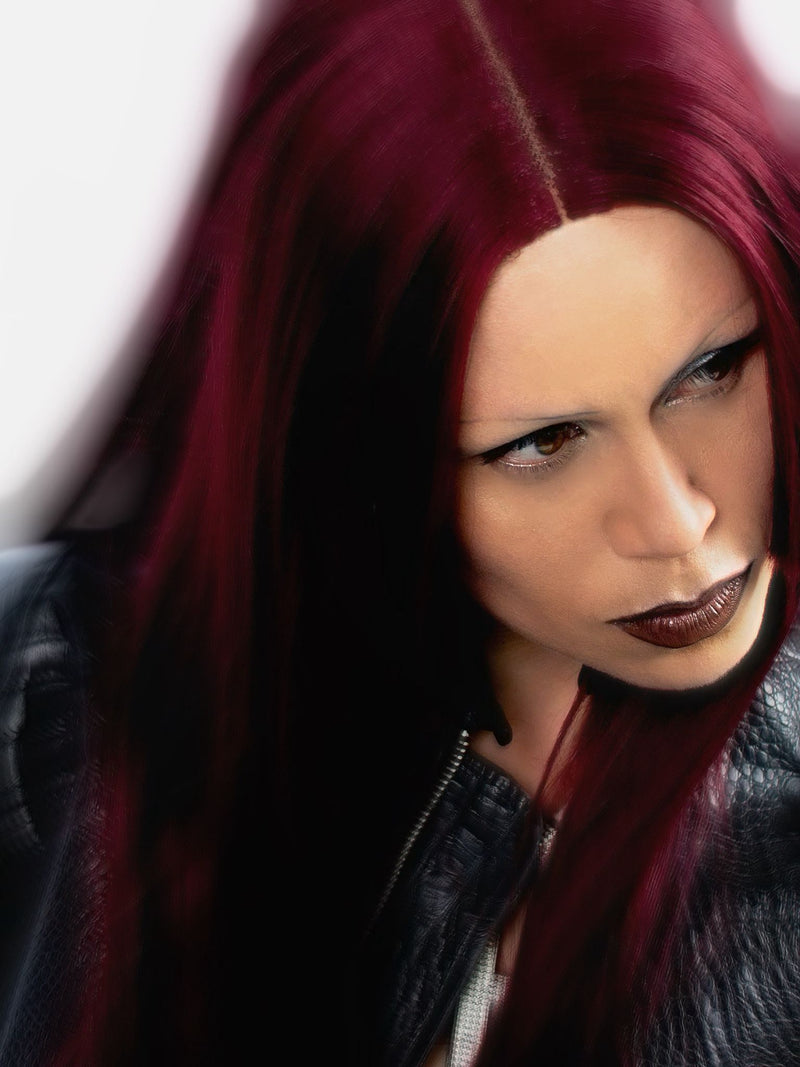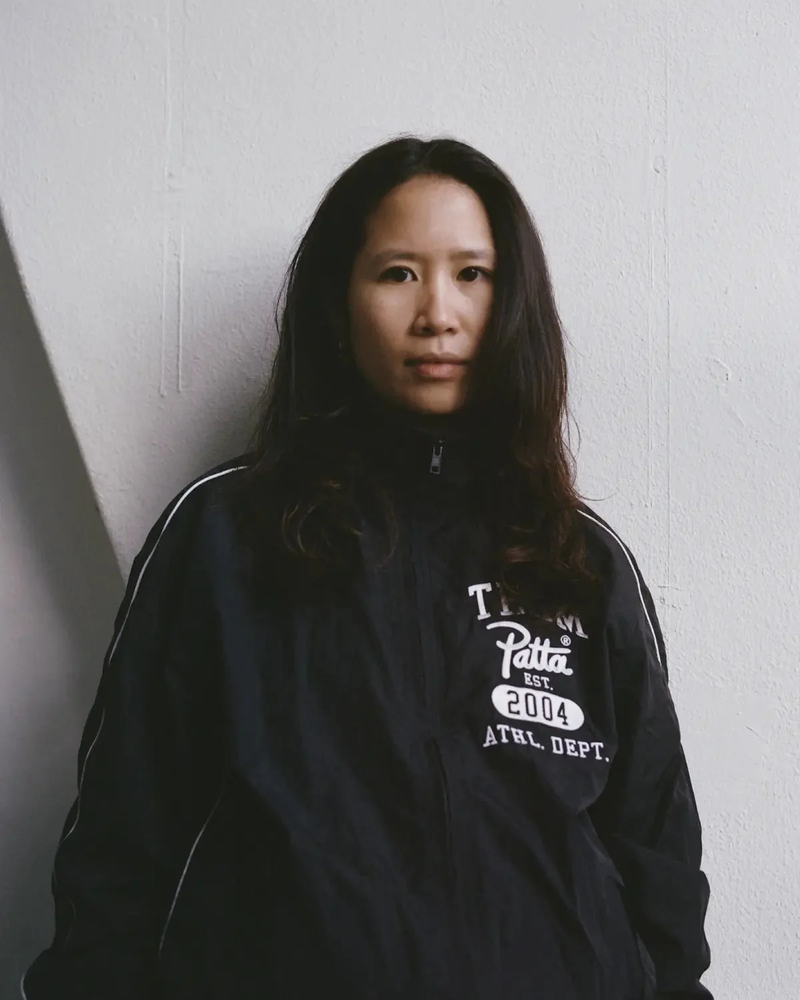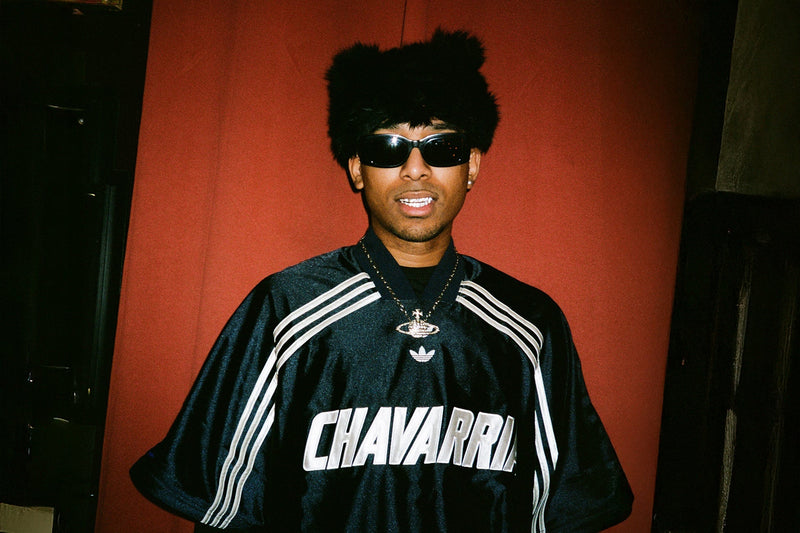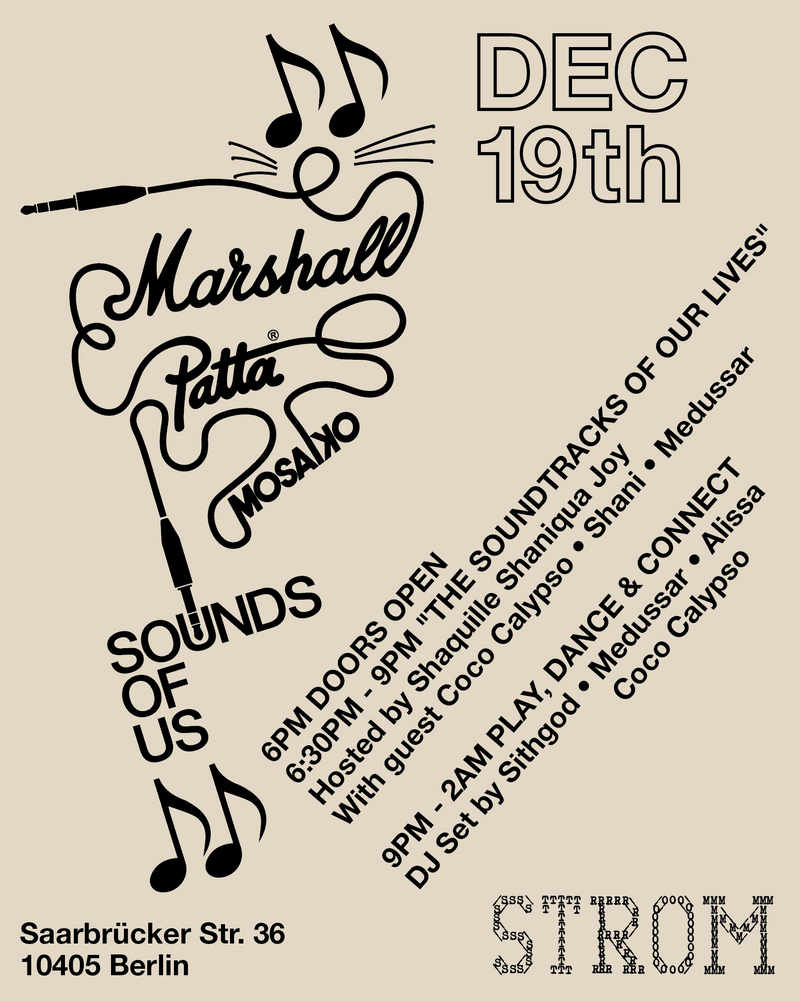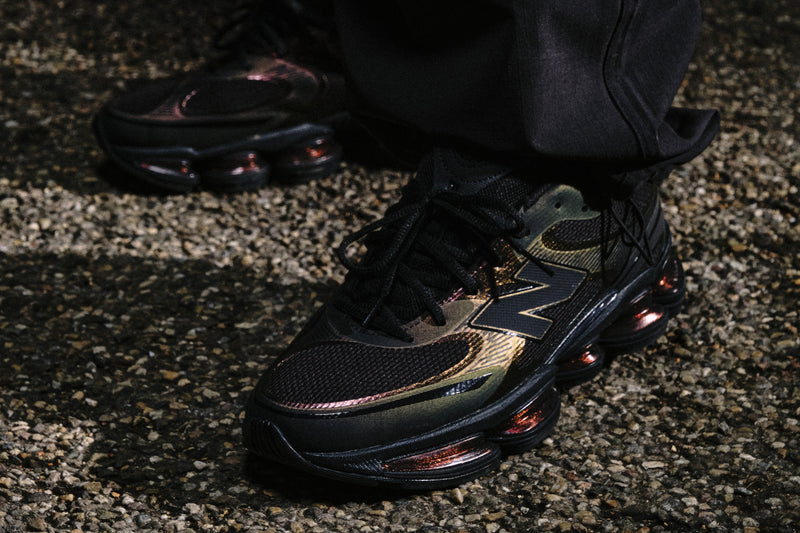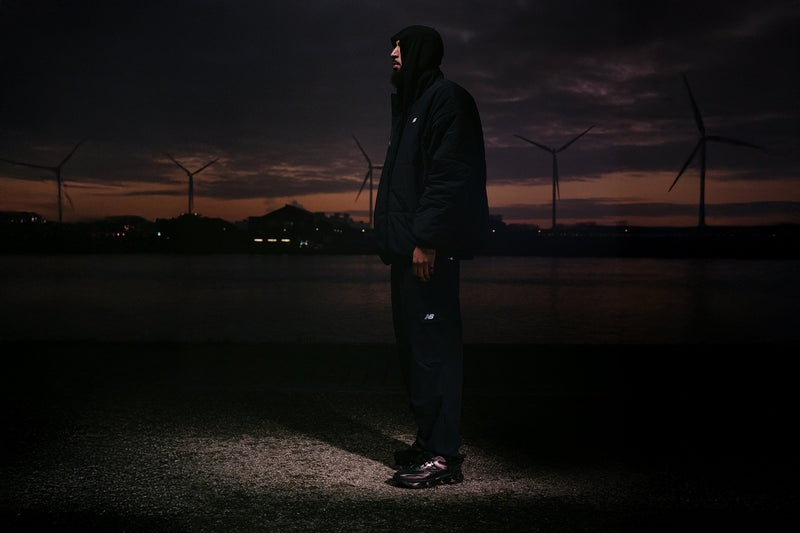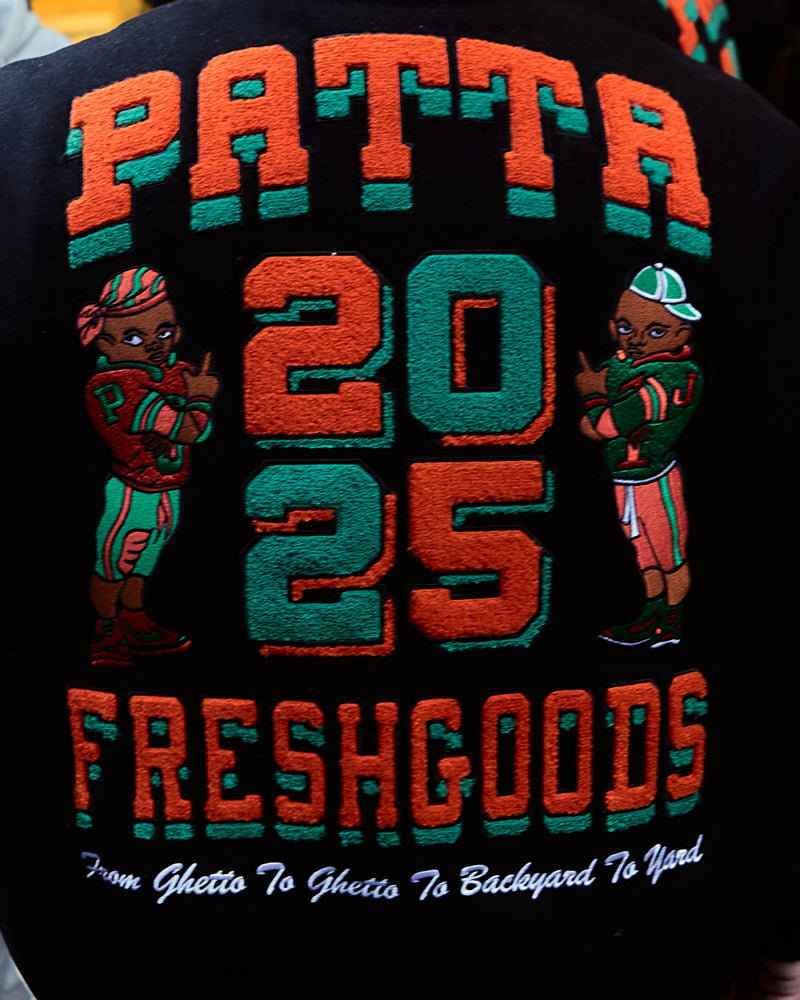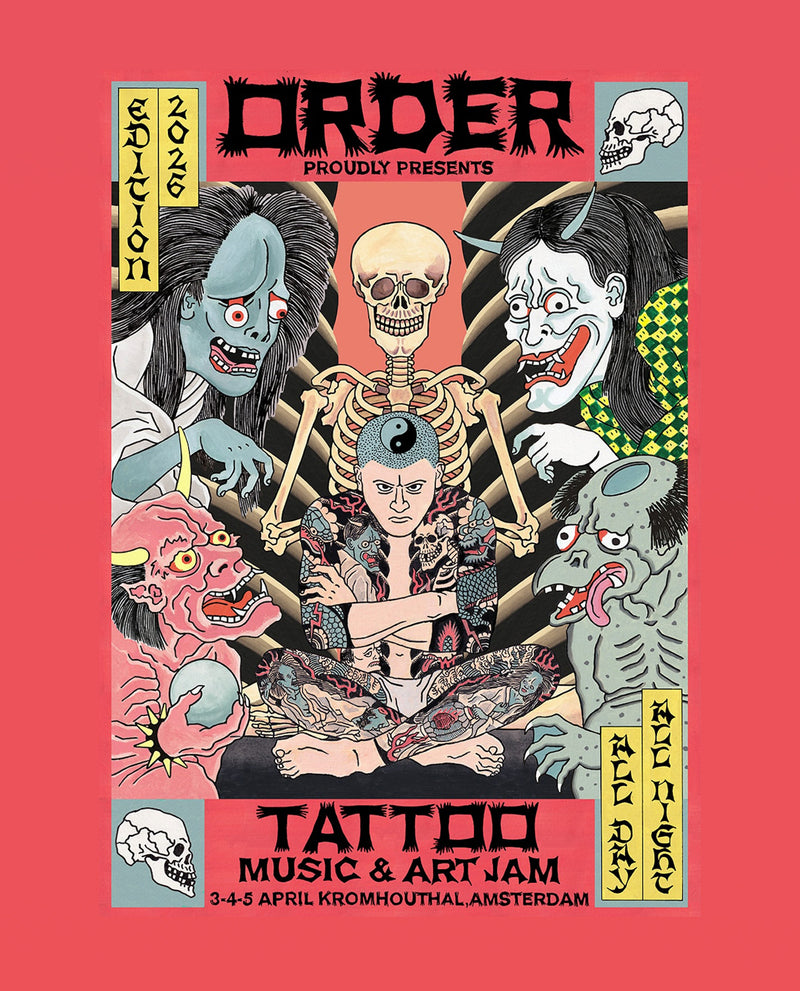
Get Familiar: Kara Music
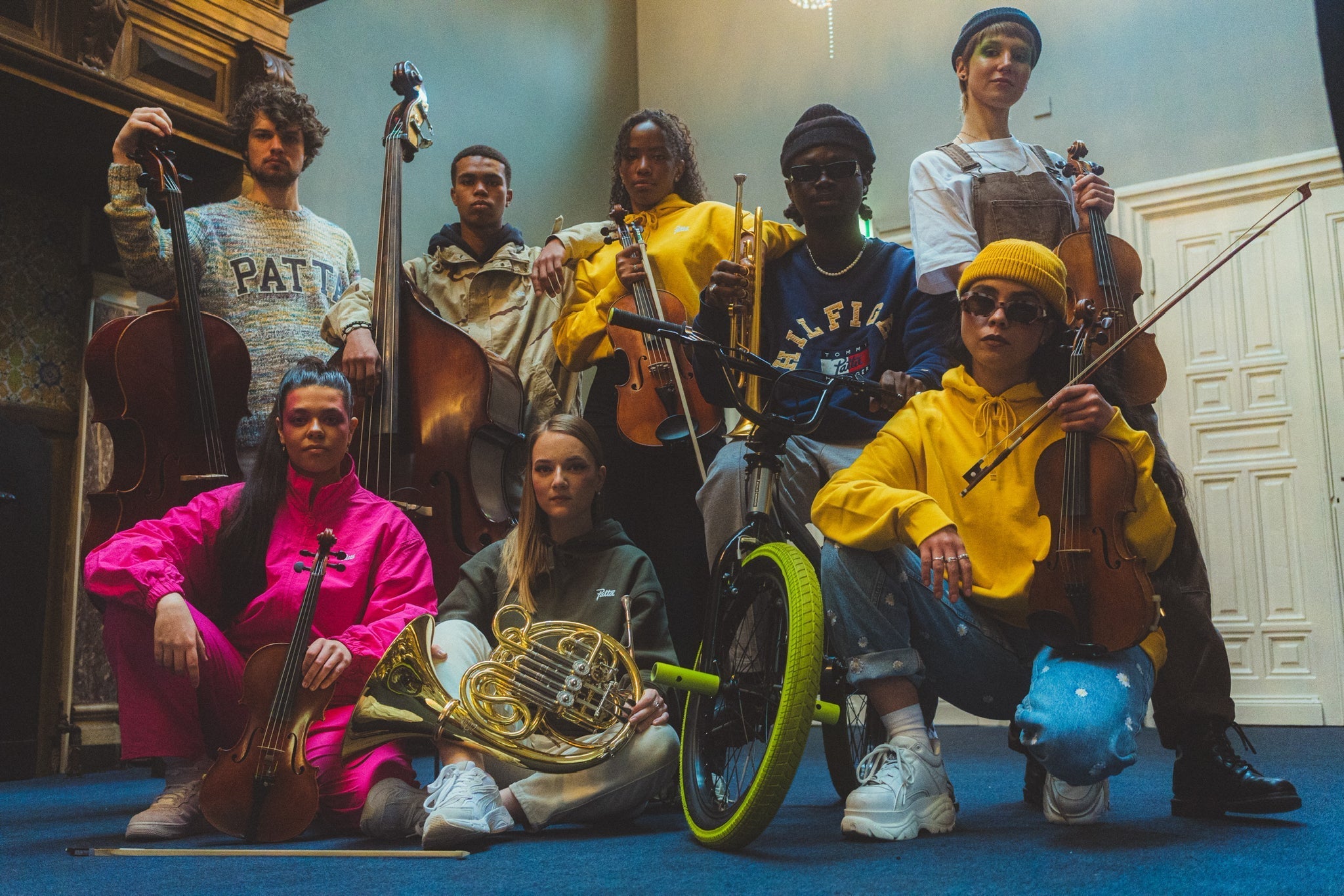
Interview by Passion Dzenga | Photography by Benny Emmerich
Music is at the core of what we do here at Patta and we believe it is paramount to showcase those who take the unbeaten track to carve their own lane. One such person is Celeste from Kara Music. In a world where music transcends boundaries and genres, where notes and melodies weave tales that resonate with our souls, Kara Music. stand as true representatives of this universal language. They are not just musicians; they are the maestros behind Kara Music, a collective of classically trained virtuosos who paint the world with the harmonious strokes of their instruments. They are visionaries who have mastered the art of versatility. From the elegant charm of chamber music to the pulsating energy of EDM festivals, from the sophistication of formal balls to the raw intensity of rap concerts, and from the opulence of five-star hotel brunches to the intimacy of private home performances, Kara Music is a symphony that effortlessly traverses diverse sonic landscapes.
Their mastery extends beyond solo performances, encompassing orchestras and ensembles that resonate with the heartbeats of every audience. The beauty lies in their dedication to their craft – for them, every note is a whisper of emotion, every rhythm a dance of passion. As we delve into this conversation, prepare to be enthralled by their stories, inspired by their musical journeys, and enchanted by the dreams they breathe into every performance. Whether your heart resonates with the violin's sweet serenades, the viola's warm embrace, or the cello's soul-stirring depths, Kara Music holds the key to unlocking emotions you never knew existed.

Can you tell us about your background in music and what early music memories do you have?
I was lucky enough to grow up in a musical family. My father was an opera singer from Argentina, and once he moved to the Netherlands, he started singing traditional Argentinian folk songs and a lot of tango, he had several music groups. My mother was born in West Papua but she is Moluccan, and well, every Moluccan family has at least one guitar on display in the living room, as do we! There was always music in our house on the cd-player, music from all over the world because my mom used to listen to every style you can imagine. From classical symphonies and violin music to choro, fado and forró. We listened to artists like Mercedes Sosa, Ladysmith Black Mambazo, Massada and Maria Callas.
I started playing the violin when I was 4 years old. My mom brought me to the music school almost daily. I had very dedicated teachers who would oversee my practice almost daily. I remember practising in the storage room when there wasn’t a classroom available. My father brought me to his tango performances when I was young, and sometimes I would join the musicians on stage, playing some simple tango tunes on the violin.
When I was very young, I was considered intensely musical and talented. I remember not really caring about it, or maybe not fully realizing what it meant. I just played the violin because that was my life. I am glad my family supported me in practising every day, even though I didn’t always like it. If my mother didn’t have time to practice with me (and my sister), my grandmother would come over and sit with us, even though she didn’t have any musical knowledge. Now I appreciate that dedication enormously. Music has opened up a different dimension to life.
How has your education and training at Codarts University for the Arts and the Conservatory of Amsterdam influenced your work with KARA Music?
I studied classical violin performance at Codarts in Rotterdam. Codarts has a big World Music department, so I quickly got to know people from all over the world, studying music styles like jazz, pop, flamenco, tango, Chinese music, Indian, Cuban and Brazilian music. The school encouraged us to work together and mix different music styles and other art disciplines like dance and theatre. We got the space and opportunity to be as creative as we possibly could, and this helped my creative thinking a lot.
On the other hand, I had two Russian violin professors at Codarts where I worked hard on violin technique. They were strict, but incredible professors. I remember in my first year playing just one note for 3 months to perfect my sound. It was mentally super challenging. But the outcome was all worth it, and the years that I have studied with them have shaped me to be the violinist I am today. Because of this mixture of incredible technique, cultural influences from all over the world, my own roots and diverse cultural upbringing at home, I came up with the idea to take my classical knowledge as a basis and work from there to organize all kinds of music events for clients. I soon got requests from rappers, pop singers and spoken word artists for classical musicians for shows. From there I got asked to get big bands together, get dancers and musicians together for video shoots, organize styling for artists and scout for locations, all in the first half year of my company’s existence. Diversity plays a major role within my company, and I always try to get musicians together with different backgrounds, because the idea of speaking the same musical language, no matter where you’re from or who you are, is one of the best things you can achieve in my opinion.
What has been your biggest challenge as the founder of KARA Music and how have you overcome it?
My biggest challenge is that classical music is not very diverse, still. I find it important to bring people together from different walks of life, different cultures and beliefs because art truly is a language that transcends all differences we could have. But in the classical music world, it’s still very much closed off. I am always looking for classical musicians with different backgrounds, hoping that little kids will see it and feel represented and might take up a classical music instrument as well. Classical music is truly incredible if you take some time to listen. So we haven’t overcome the ‘diversity problem’ yet, this is probably a challenge that needs to develop over decades.
I look up to the Chineke Orchestra, an orchestra for ‘black and ethnically diverse classical musicians in the UK and Europe’. But I am still looking to take it a step further by not wearing only black. Clothes are a big part of identity and stage presence. I want our musicians to be able to express themselves through clothes as well.
Another challenge that goes hand in hand with the first one is the mindset of classical musicians. The only thing that matters is who’s the best. And strongly so. This creates a divide between people when music is exactly that ‘tool’ to overcome it. So in my opinion something went very wrong in the classical music scene. If you are technically not perfect, no one cares about your musical talent, and that’s so sad to see because these young musicians aren’t looking for creativity anymore, only striving for perfection in handling their rather boring instrument.
I am always looking for musicians who have a spark in their eye, an idea in their mind. Of course, I need them to be able to play what is required of them (conservatory training suffices in most cases), but I am more focused on them touching other people’s hearts than playing a Paganini caprice without fault. Which is also exciting but won’t move people to tears. I get much critique from the classical world for having this vision. If your musicians are not the best, you suck. I am no longer afraid of people saying that. If you are stuck in thinking you need to be the best, you will never make real music.

Can you walk us through the process of creating and organizing a successful music event, from conception to execution?
It depends on the kind of project. It’s really difficult to say because we do so many different things. Sometimes we need to arrange a lot of music, sometimes it’s just one song. Sometimes we need to organize a whole orchestra, and sometimes just the recording of one violin. They all require so many different things, as simple as arranging the right chair for a cellist to scheduling a recording day for 16 people with two rehearsals and 16 individual agendas.
One of the first things we do is meet with the client and listen to their vision for their project. These clients are often singers, rappers, spoken word artists, producers or event organizers who need classical background music. We mostly need to discuss the type of event, the type of music, how many musicians and which instruments, which pieces/songs we will perform and if we need to compose music.
Then comes the scouting and selection of musicians, they need to have a connection to the type of event and a certain feel with it. In classical music, project managers just look for the best players, simple and anonymous. But we look for technically capable people who are also very musical, who are also creative and like to show who they are, and who also come from diverse backgrounds. It isn’t always easy, but when we get everyone together, it’s magic. We do a lot of research to find the right musicians for the job.
Then we need to make arrangements for the musicians to play, we need to plan rehearsals together with the artists and keep in contact with musicians, artists, managers, techniques, venues, producers and so on.
Another important thing is to brief the musicians on the type of event, like what kind of audience will there be and how do we put down the best performance for them. What kind of clothes fits the event?
On the day itself we need to be alert for anything that might go wrong, public transport delays, people who are sick, musicians who forget scores or certain clothes or in-ears for the click tracks, and technique that doesn't work. There is always something. We try to avoid these things but we are ready to jump in whenever something happens.
Then the concert comes. We make sure 10 times that everyone has got everything they need, that they are feeling well, that they ate, and then it’s up to the musicians to make the performance!
How do you select and train the musicians who perform with KARA Music?
We have some points we select on. We mostly select musicians based on the type of project, the creativity and the personality needed for the job. We don’t just choose the best musicians based on their level of technique. This is what usually happens in classical music which makes for a very anonymous and uniform sound. Truth be told, this is often needed for symphonic music, but not for the kind of projects we usually do. We need musicians with a personality, and creativity which they can share with the people around them, may they be fellow musicians, an audience or an event organizer.
We train musicians to bring their sound forward; you’re not an anonymous player in an orchestra where you have to blend in and can hide in a sea of players. For some players, it’s a challenge to suddenly have to play on their own and discover a personal side to music. With the projects we do, our musicians can develop their sound and identity on stage.

How do you ensure that the music performed by KARA Music is both technically excellent and emotionally engaging for audiences?
We work with young musicians who have just graduated from the conservatory or are in the final stages of their bachelor/master's trajectory. By that time, they’d had sufficient experience in playing together and developing professional behaviour, and they’d gone through many projects from beginning to end, learning all the skills a classical musician needs. The ‘emotionally engaging’ part is where we come in with our selection process as described before. We require all musicians to be technically capable of playing the best-known classical repertoire, but when it comes to identity, creativity and a unique personality, we value this more, seeing the projects we mostly do require a sense of artistry as opposed to ‘just’ craftsmanship.
Can you tell us about a particularly memorable event that KARA Music has organized or performed at?
I personally always like it when I get to do something with my own Maluku roots, so performing at the NongKrong festival was awesome. This was right after Corona so we hadn't seen the family in a long time. The whole family came together to watch me perform together with my sister and cousin. We sang and played pop songs but also traditional Maluku songs.
When your love for music comes together with roots and family, it’s indescribable. It’s a moment I won’t forget, especially because I feel proud for bringing the family together again.
As the founder of KARA Music, what do you consider to be the most important elements of a successful performance?
After all the work is done and when everything comes together and it flows, that is what I consider successful. When the audience is enjoying the music and you can see that at that very moment, they’ve forgotten about everything else that is happening in their lives. When the audience is present and enjoying the performance, that is success to me. That’s when I can breathe.
An example is a show that we organized for Keti Koti together with the EO (Evangelische Omroep) and Omroep Zwart. It was the first time we organized this show, it was live on NPO1, national television, and the road towards the show had many, many bumps. But when we stood there on stage with a band of 18 people, all the artists were in top condition, the crew of 100 people behind the scenes was ready, and the audience was incredible! They were dressed up beautifully, and joining in on every song they knew. Seeing them laughing and singing meant for me that I could finally breathe and enjoy the show as well. It is an incredible feeling after 3 months of organizing.
Another moment I always enjoy is when we are on stage and the artist asks the audience to turn on their phone lights. It’s the most incredible sight, and it gives a feeling of community, we’re all doing this together.

How do you balance your artistic vision with the preferences and needs of clients when organizing events?
When we work with clients, their vision is number one. We outline their preferences, and after that, we fill them in with our creativity. When you book us, you don’t book anonymous session musicians, you book creative musicians. It only happened once that my vision clashed with our client, this can be difficult. This is the moment communication is very important. You both very clearly explain what it is you want, and how you think it should be. As KARA Music we of course also get booked because we have a certain profile, and that is flexibility. So next to having our vision, we are also very flexible and find the right people with the right vision for every performance.
Finally, what are your long-term goals for KARA Music and what can we expect to see from the group in the future?
We want to become the number one platform for session musicians specialized in bringing different music styles together. So we will continue to keep focussing on playing different types of music, also from different cultures. Working with all these different kinds of artists who need session musicians in their music, events or project. We also want to continue shining a new light on classical music and integrate it into other styles of music.
Can you tell us about your background and how you became involved in music?
I’m not sure if I would call it lucky, but I don’t know any other way from being/living in the music world. My father was an opera singer and Argentine folk singer, and my mom played the guitar. My mom took me to the local music school when I was 4 years old where I started playing the violin, so I don’t have many memories of myself without the instrument. I truly don’t know any better. When I was a kid, I used to wonder how people lived without playing an instrument or doing something creative.
I feel empty without my violin, or naked, exposed. When I don’t have to play somewhere on a certain day, I usually bring a backpack out because I can’t stand the feeling of not having my case on my back or my violin in my hand.

What makes KARA Music unique and how do you differentiate yourselves from other musicians or music groups?
What makes us unique is very simple. We play classical instruments but are knowledgeable in other music styles, and other industries besides the classical one. We value diversity and creativity, and we are a bridge, a point of connection between music styles and between people who didn’t exist before.
Can you walk us through the process of booking a private performance with KARA Music?
We do many different things, so if you want a private performance you can just reach us on Instagram or email. Then we get in contact with you and estimate what it is you exactly want. The first questions might be: what kind of event are you organizing, what type of music are you looking for, what kind of instruments and how small or big should the ensemble be?
There are so many variables and with each choice, there are different things that need to be taken care of, how big is the space, how many people will be listening (should we get microphones or not), and so on, it’s often a big puzzle! But even more awesome when it all comes together.
After we receive all the information, it’s completely up to us to organize (the musical part of) the event. We update our clients regularly and we often need more input when ideas or other matters come up during the process.
What types of events do you typically perform at and what has been your most memorable performance to date?
We started as a classical company performing mostly at classical events, but this started to shift gradually towards hip-hop events, which I’m eternally grateful for! I found my happiness in this scene. It appreciates individuality so much more than in the classical world. Uniformity is more appreciated in the classical scene.
It’s difficult to pick out just one memorable performance but to continue what I just said about individuality, my mind goes straight to a solo performance I did during the AFAS Live concerts of Boef. I played the intro of Habiba all by myself on stage with 6000 people in the audience, everyone holding up their phones with the flashlight on. That view, the feeling of standing there on stage, I took it all in, and I will never forget that. But the thing that was even more amazing to me was the rehearsal day. I was appreciated for being there, being myself, talking with everyone, joking around, and playing of course. In the classical world, there’s no space for your personality. You’re expected to play and shut up. It felt so great to make these connections with people through music on a deeper level than what I am used to in the classical scene. Of course, there are many more incredible projects with my colleagues, but this one clearly shows the difference between the classical and hip-hop world.

How do you choose the perfect musician for a particular event or occasion?
Of course, the first thing we look for in musicians is that they are passionate about making music and the music that we play. If someone doesn’t like the music they are playing, you will not feel the heart in the music (what music is all about). Of course, sometimes the artists we work together with might have demands or preferences, but we try to stick to those the best we can. For example: We played for the black achievement award with spoken word artist YMP, of course, we would like to have an ensemble of black people. Unfortunately, there are not a lot of black classical musicians, so this was very difficult to do, but representation is very important for the goal we want to set with KARA Music.
Can you tell us about any new projects or collaborations that KARA Music is currently working on?
Currently, we are working on Keti Koti, we will perform a live show for the NPO. This will be an amazing performance, with a lot of different genres being played in one show. This will show how many different things we can do. We will also be playing again with Sor on Amsterdam Open Air and Pukkelpop, which is always so much fun. We are also starting our radio show on Echobox, where we want to promote artists and play arrangements of their songs with strings.
How do you balance your classical training with more contemporary genres of music when performing at events such as EDM festivals or rap concerts?
Even though there are of course a lot of different music genres, they all come from the same language: music. It’s astounding how close some genres are to each other, without many people knowing it, which helps in making crossover music. Of course, there are also many differences in the genres, like the technical aspects. In older classical music, there are no computers or modern instruments used. But you must understand that all the music that exists now comes from composers such as Bach or Beethoven, it just transformed over the years into hip-hop, EDM, opera, metal, hardcore, etc. This makes that at the core of making music, there is always a successful formula to be found. So when practising the violin, I always return to my classical basis, my technical foundation, and work from there.

Can you share any tips or advice for aspiring musicians or individuals interested in pursuing a music career?
Do your research. Build a network. Most musicians sit around waiting until something happens, but you have to be proactive. Be passionate about what you do, have a plan, and if you can transmit that passion and your plans and goals, start calling and writing to people in the industry. Ask if you can work together on something. Push yourself to make these connections. People are not magically gonna find you and your talent.
How do you see KARA Music evolving in the future and what are your long-term goals for the group?
I have several dreams for KARA. Foremost, I want to be the number one platform for session musicians, from all genres, with a strong belief in diversity and creativity, and a highly professional foundation in classical music.
Another dream is to expand the business to other areas within music like making and offering (classical) samples and doing more recordings for producers. My dream is also to expand the company’s activities to other creative areas like fashion. It’s an absolute dream to connect culture, music and fashion, and work with brands like Patta. Patta’s vision and mindset are something I look up to. I hope to become a global agency with branches in major cities around the world.

